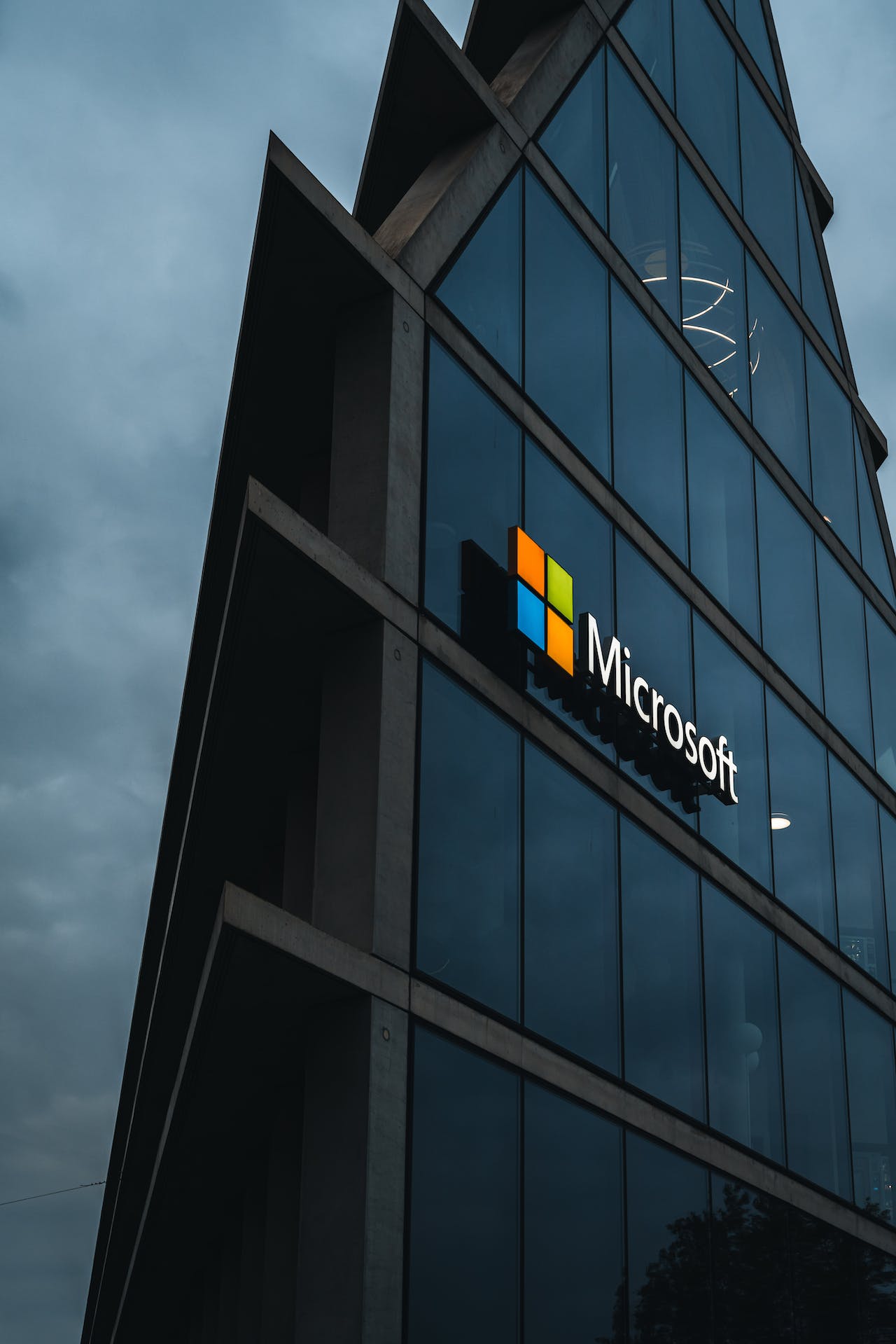Sam Altman, the ousted CEO of OpenAI, has joined Microsoft, marking a seismic shift in the landscape of artificial intelligence (AI). The announcement comes just 48 hours after Altman’s chaotic removal from OpenAI, triggering speculation about his potential return to the organization he helped lead. Microsoft CEO Satya Nadella revealed on the social media platform X (formerly Twitter) that Sam Altman would be at the forefront of a new advanced AI research team within the tech giant.
Altman’s abrupt dismissal from OpenAI’s board on Friday prompted a weekend of fervent campaigns led by OpenAI executives and key investors, including Nadella. Microsoft had previously pledged over $10 billion to the startup, making the situation even more tumultuous. Following Altman’s dismissal, OpenAI President Brockman resigned within hours. The current board of directors includes Ilya Sutskever, OpenAI’s Chief Scientist who played a leading role in Altman’s firing, along with Adam D’Angelo, CEO of Quora Inc., tech entrepreneur Tasha McCauley, and Helen Toner, Director of Strategy at Georgetown’s Center for Security and Emerging Technology.
The move triggered a staff rebellion within OpenAI, as prominent executives, including CTO Mira Murati, COO Brad Lightcap, and CSO Jason Kwon, voiced their concerns on social media, declaring that “OpenAI is nothing without its people.”
In a dramatic about-face, one of the board members involved in Altman’s removal, Ilya Sutskever, admitted to making a mistake on X.
More than 500 of OpenAI’s 770 employees signed an open letter calling for the resignation of the board, accusing them of incompetence, lack of judgment, and neglect of the company’s mission and employees. The correspondence, endorsed by co-founder Ilya Sutskever, the board member who communicated Altman’s termination last week, leveled accusations against the board, asserting their incapacity to effectively oversee OpenAI. The letter contended, “We are unwilling to collaborate with individuals who demonstrate a lack of competence, judgment, and commitment to our mission and employees.” The signatories expressed their potential intention to resign and join Altman in a recently established subsidiary of Microsoft.
The exact reason for Altman’s ouster remains unclear, with sources citing concerns about his commitment to OpenAI’s mission of ensuring safe and beneficial AI. According to an insider, Altman’s communication with the board became a point of contention, making it “impossible to oversee” the co-founder.
Silicon Valley leaders, including former Google CEO Eric Schmidt, expressed support for Altman, while investors mounted a backlash, fueling speculation about Altman’s potential reinstatement.
OpenAI, which was in talks for an $86 billion valuation, now faces the risk of an employee exodus to Microsoft and other competitors, jeopardizing its remarkable growth.
The central conflict revolves around the commercialization of AI, with Altman advocating for OpenAI’s transition into a successful business. This clashed with board members’ concerns over the safety of AI tools capable of generating text, images, and code with minimal prompting.
Greg Brockman, in a post on X, revealed that Altman had already recruited three OpenAI scientists to join them at Microsoft, asserting that “the mission continues.”
After the announcement of Sam Altman joining Microsoft, the stock of the tech giant rose up to 2.7% in pre-market trading following the announcement.
Shear, who took over from Altman, resigned from his position as CEO of Amazon.com Inc.’s game-streaming platform Twitch earlier this year. His appointment at OpenAI was influenced by his previous acknowledgment of the existential threats posed by AI, as per an individual familiar with the situation. Sheer has pledged to hire an independent investigator to probe Altman’s abrupt ouster and reform the management team within 30 days. Shear emphasized that the reasoning behind Altman’s removal was different from his own, indicating a commitment to commercializing AI models. “Their reasoning was completely different from that. I’m not crazy enough to take this job without board support for commercializing our awesome models,” he said.
However, Shear’s Tweet was met with increased speculations.
The weekend upheaval exposes deep-rooted divisions at OpenAI, culminating in Altman’s removal. OpenAI’s official announcement on X cited Altman’s lack of consistency in communication with the board as hindering its responsibilities and eroding confidence in his leadership. “Mr. Altman’s departure follows a deliberative review process by the board, which concluded that he was not consistently candid in his communications with the board, hindering its ability to exercise its responsibilities. The board no longer has confidence in his ability to continue leading OpenAI.”
The fallout extends to Microsoft’s $13 billion investment in OpenAI, with Altman’s departure influencing actions by investors like Thrive Capital. Altman, who attached conditions to his return, including changes to governance and the removal of the board, faced resistance, leading to the board’s independent search for a new CEO.
Embracing the helm of one of the world’s most powerful AI companies, Shear, a self-described “techno-optimist,” expresses concerns about AI’s potential existential threat. His previous tweets and statements reflect a cautious approach to AI technological advancement. In September, Shear expressed his support for a deceleration in the progress of artificial intelligence technology, stating he’s “in favor of a slowdown.” During an interview on the Logan Bartlett Show podcast in June, he likened the situation to someone devising a method to create fusion bombs, stating “It’s like someone invented a way to make 10x [ten times] more powerful fusion bombs out of sand and bleach, that anyone could do at home”
This shakeup at OpenAI, launched in 2015, follows previous changes, including Elon Musk’s departure as co-chair in 2020.
In recruiting Sam Altman and Greg Brockman with a widespread and loyal following among the staff, Microsoft is poised to secure a competitive advantage over rivals seeking to attract skilled AI researchers and engineers.



